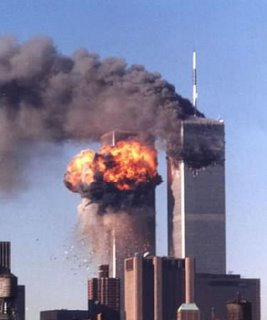
New Information Technologies
Nowadays people cannot imagine life without technologies, however not many years ago there wasn't any sourse of information, or sourse of connection. Today people never think about what will be without technologies, but why humans need it, may be because they have got into the habit of doing things very fast and rapidly. One scientist from Japan told, that in 50 years people wouldn't do anything, because of inventions, everything will be done by robots. Who knows, we can only guess.
Everything in our world comes from information. Even great philosophers told, that who knows infomation, they have the world. And the greatest achievment of human's is computer, ofcourse there are a lot of other types such television, radio and all of technics, but this are the types of information systems.
Everything in our world comes from information. Even great philosophers told, that who knows infomation, they have the world. And the greatest achievment of human's is computer, ofcourse there are a lot of other types such television, radio and all of technics, but this are the types of information systems.
The big companise, universities all over the world compete in devising new technologies. In the year 2002 the Ministry of Education, Culture, Sports, Science and Technology started the "Priority Assistance for the Formation of Worldwide Renowned Centers of Research - The 21st Century Center of Excellence Program". This program were based on the competitive principle that selection for support by the program relies on third party evaluation, and by giving priority support to the formation of world-class centers of research it aims to promote the creation of internationally competitive universities that answer to the world's highest standards. And ofcourse huge changes from technologies were in journalism, people could get information throuth INTERNET, television, and etc. Nowadays it is much more easier to get knowlerge from Internet, however it has negative influence on children, such as they became lazy and get information only through computer. But everyday inventions changes and may be in future there will not be schools like we have nowadays.
References:



